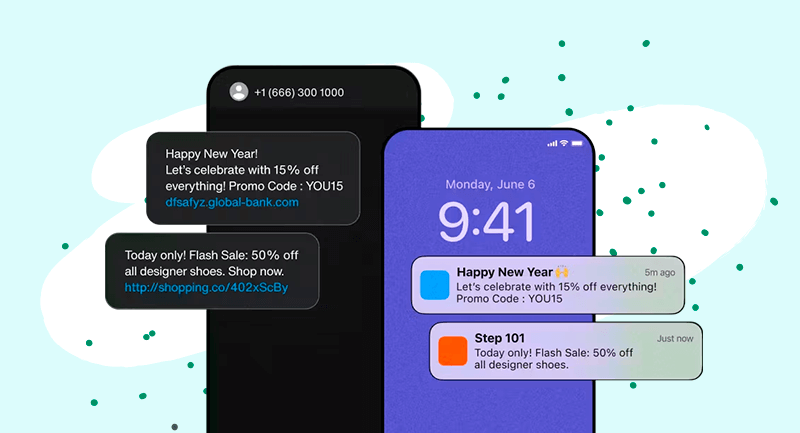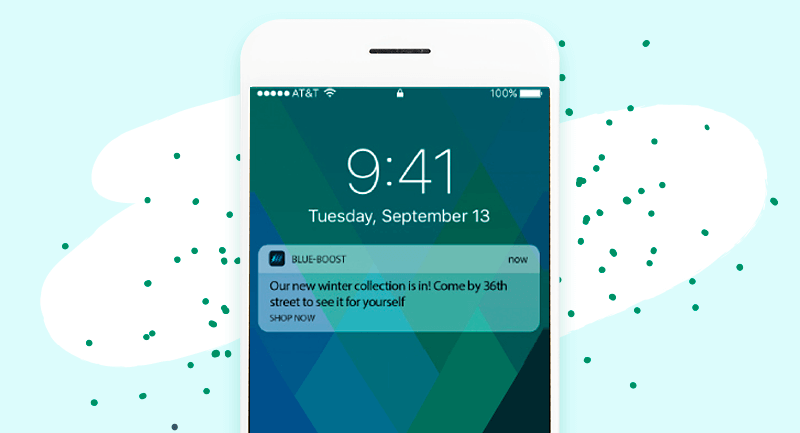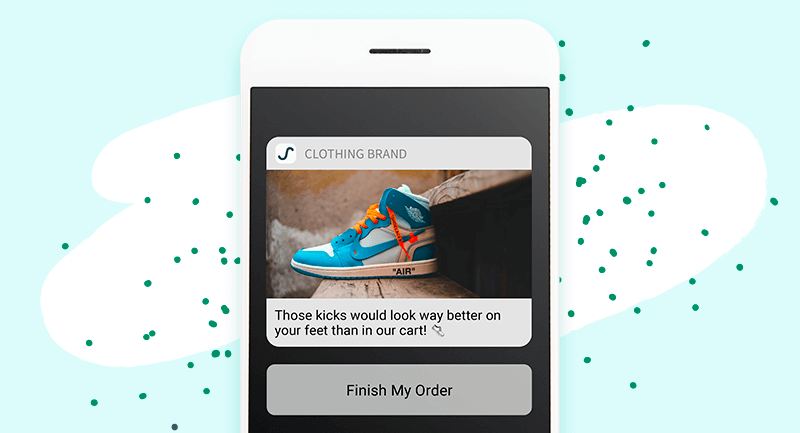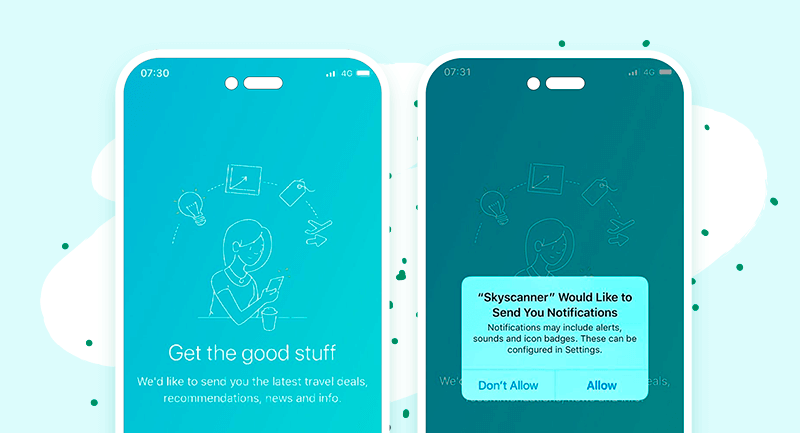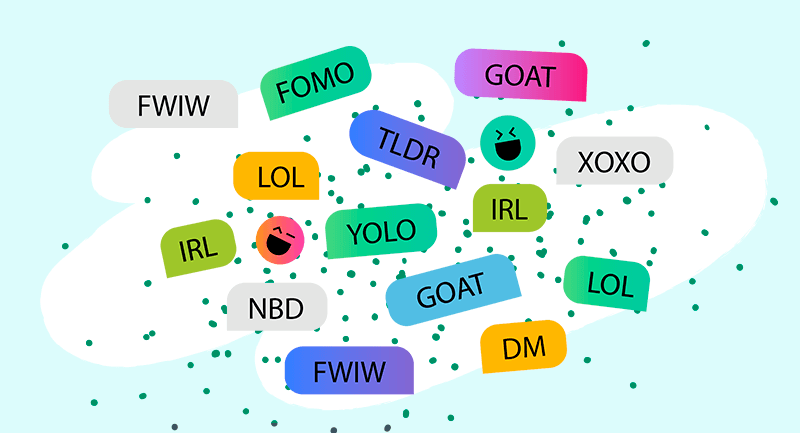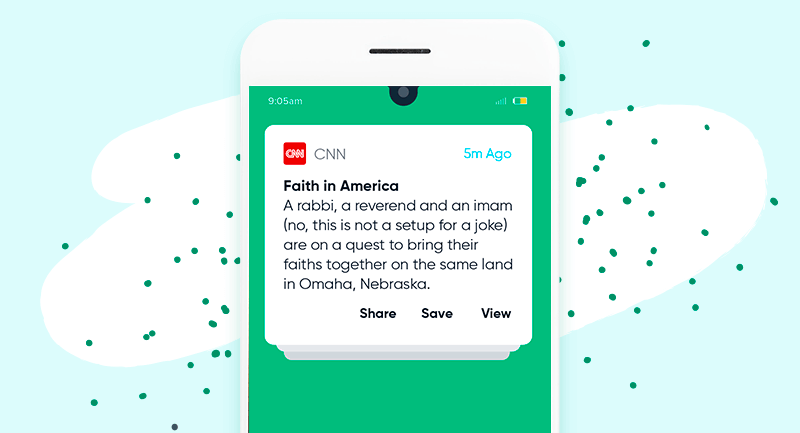Why should your website use SMS push notifications?


Exploring the benefits and best practices
Effective communication plays a pivotal role in any business. Whether you’re looking to boost sales, increase customer loyalty, or provide real-time updates, SMS push notifications offer a unique blend of immediacy and personal touch that other channels often lack. By leveraging SMS push notifications, you can make sure your messages are seen and acted upon which drives greater engagement and better results for your business.
In this article, we’ll explore the benefits of SMS push notifications with best practices to maximize their impact — from understanding their unique advantages to learning how to implement them effectively. So, let’s explore why your website should harness the power of SMS push notifications and how you can do it right.
What are SMS push notifications?
SMS push notifications are short, timely messages sent directly to users’ mobile devices, designed to capture their attention and prompt immediate action. Unlike traditional SMS messages, which often involve two-way communication, SMS push notifications are typically one-way alerts aimed at delivering crucial information quickly and efficiently. That’s why these notifications can be used for a variety of purposes, such as promotional offers, reminders, updates, and alerts, making them a versatile tool in your marketing arsenal.
Difference between SMS push notifications and traditional SMS messages
- Automation and integration
SMS push notifications: These are typically automated and integrated with various digital platforms such as WordPress websites, e-commerce stores, or mobile apps. These can be triggered by specific user actions or events, such as a new product launch, a special offer, or an abandoned cart reminder.
Traditional SMS messages: Usually sent manually or through simple automated bulk messaging tools, traditional SMS messages are often used for personal communication or basic marketing purposes without advanced targeting or automation.
- Purpose and content
SMS push notifications: Primarily used for delivering timely, relevant information that encourages immediate action, for example, order confirmations, appointment reminders, promotional offers, or security alerts. Its content is concise and action-oriented.
Traditional SMS messages: Often more general in nature and used for broader communication. These messages can include anything from casual conversations to basic promotional content without the urgency or specific targeting of push notifications.
- Personalization and targeting
SMS push notifications: Leveraging user data and behavior analytics, these messages are highly personalized. They can be tailored to individual user preferences and delivered at optimal times to maximize engagement and response rates.
Traditional SMS messages: Generally lack the advanced targeting and personalization capabilities of push notifications. They are often sent in bulk to a large audience without customization based on user behavior or preferences.
- User Engagement
SMS push notifications: Designed to engage users immediately and drive specific actions, such as clicking a link, completing a purchase, or visiting a website that focuses on creating a sense of urgency and relevance.
Traditional SMS messages: While they can still be effective for communication, they do not inherently possess the same level of engagement-driving elements as push notifications.
Benefits of using SMS push notifications for your website
Here are some benefits of using SMS push notifications and how they can help you engage with your audience instantly and effectively:
- Immediate reach and high open rates
SMS push notifications allow you to deliver urgent updates, important alerts, or time-sensitive offers instantly to ensure that your audience receives the information when it matters most.
SMS messages boast an impressive open rate of around 98%, significantly higher than email’s average open rate of about 20%. This high visibility ensures that your messages are seen almost immediately by recipients.
- Effective engagement through SMS personalization
Personalization is key to capturing your audience’s attention. SMS push notifications can be tailored to individual preferences and behaviors, making them more relevant and engaging.
Examples of effective engagement through SMS:
- Retail: Sending flash sale alerts or personalized product recommendations based on previous purchases.
- Events: Reminding attendees of upcoming events or sending real-time updates during an event.
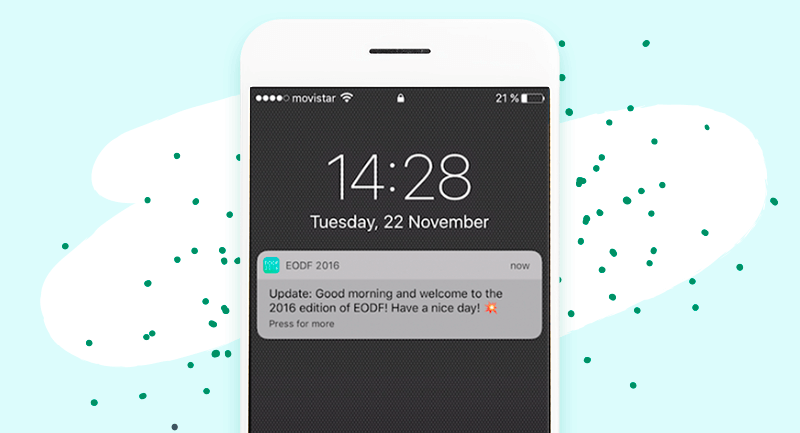
- Cost-effectiveness
SMS push notifications are very effective compared to the below marketing channels:
Email newsletters
While email marketing can be effective, it often suffers from low open rates and high competition in users’ inboxes. Moreover, creating visually appealing and engaging email content can be resource-intensive.
Social platforms
Social media platforms like Facebook and Instagram offer extensive reach, but ad costs can be high. Additionally, the return on investment (ROI) can vary significantly, and there’s also the challenge of ad fatigue and the ever-changing algorithms that can impact visibility.
PPC advertising
Platforms like Google Ads can drive targeted traffic but at a high cost per click, which can quickly add up, especially in competitive industries.
Traditional media
Traditional advertising like TV, radio, print methods are typically more expensive and less targeted than digital channels, making them less cost-effective for many businesses.
- Easy integration and automation
Most SMS push notification services provide APIs (Application Programming Interfaces) that enable seamless integration with your WordPress website, CRM, e-commerce platform, or other existing systems. This allows you to automate the sending of SMS notifications based on specific triggers or events within your systems.
Automation reduces the need for manual intervention, saving time and resources. Once set up, SMS notifications are sent automatically based on triggers such as user actions, dates, or system events, ensuring timely communication without the need for constant oversight.
- Improved customer experience
SMS push notifications allow businesses to send personalized messages that resonate with individual recipients. By leveraging customer data and preferences, businesses can craft messages that are highly relevant and meaningful to the recipient which ultimately increases the customer experience. For example, by analyzing customer behavior and purchase history, businesses can send targeted offers that are more likely to appeal to the recipient, thus enhancing the overall customer experience.
Best practices for implementing SMS push notifications
- Gain consent and respect privacy: Start by securing opt-ins and adhering to privacy regulations that make the process easy and transparent for users. For example, offer a clear opt-in option on your WordPress website or Android/iOS app.
- Personalize your messages: Use customer data to tailor your messages. Personalization can boost engagement by including the recipient’s name or past interactions with your brand in your messages.
- Timing and frequency: Timing is crucial. Send messages when your audience is most likely to engage. Also, find the right balance in message frequency to avoid overwhelming your subscribers.
- Clear and concise messaging: Keep your messages short and to the point. SMS notifications have a character limit, so make every word count. Use simple language and avoid jargon.
- Include clear call-to-actions: Your messages should have a clear purpose and a compelling call-to-action (CTA). Whether it’s a link to a website, a discount code, or a survey, make it easy for recipients to know what to do next.
- Track and analyze performance: Monitor key metrics like open rates, click-through rates, and conversion rates which will be helpful for you to refine your approach and improve the effectiveness of future campaigns.
Common challenges and how to overcome them in SMS push notifications
As we know, SMS push notifications are very effective tactics for businesses to engage with their customers. However, like any marketing strategy, there are challenges that can arise when implementing SMS push notifications:
Challenge: Avoiding message fatigue
Pro tip: Keep the message fresh and relevant
Engaging approach: Instead of bombarding your audience with constant notifications, keep your messages fresh and relevant. Tailor your content to their interests and behavior, and consider using interactive elements like polls or quizzes to keep them engaged. Regularly review your messaging strategy to ensure it remains effective and doesn’t become repetitive.
Challenge: Ensuring deliverability
Pro tip: Optimize message timing and format
Engaging Approach: To improve deliverability, send messages at times when your audience is most likely to be active and receptive. Use a clear and concise format that complies with carrier regulations. Moreover, regularly monitor and optimize your sender reputation to maintain high deliverability rates.
Challenge: Maintaining data privacy and security
Pro tip: Implement robust data protection measures
Engaging approach: Safeguard user data by implementing encryption, access controls, and regular security audits to be transparent with users about how their data is used to ensure compliance with relevant privacy laws. Regularly update your privacy policy and educate your team about data protection best practices.
Power up your mobile engagement
SMS push notifications are a game-changer, especially when paired with a mobile-first website design. Combining these strategies ensures your audience gets the right message, at the right time, on the device they use most. Want to learn more about creating a seamless mobile experience? Check out our comprehensive guide on mobile-first web design for WordPress.

Guest contributor:
Phil Portman is the Founder/CEO of Textdrip, a business texting platform for E-Commerce, Insurance, Hotels & Hospitality, Real Estate, and Healthcare. He has created several startups from the ground up like landlineremover.com, argosautomation.com, and recruitdrip.com. He is a leading expert in SMS marketing and automation in digital marketing.

